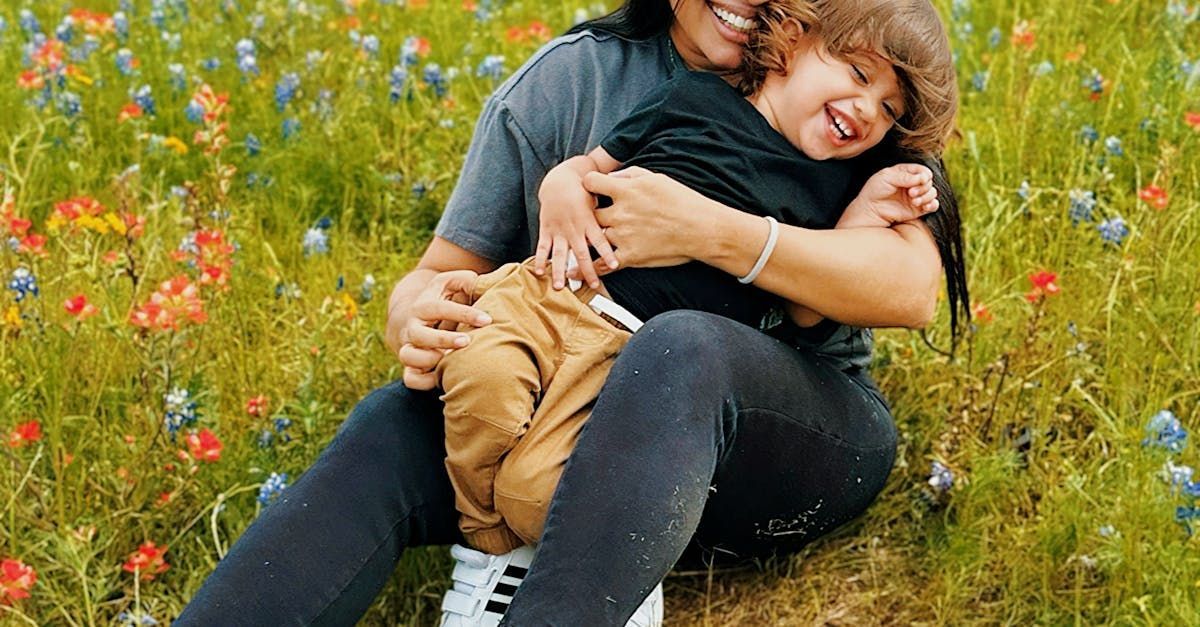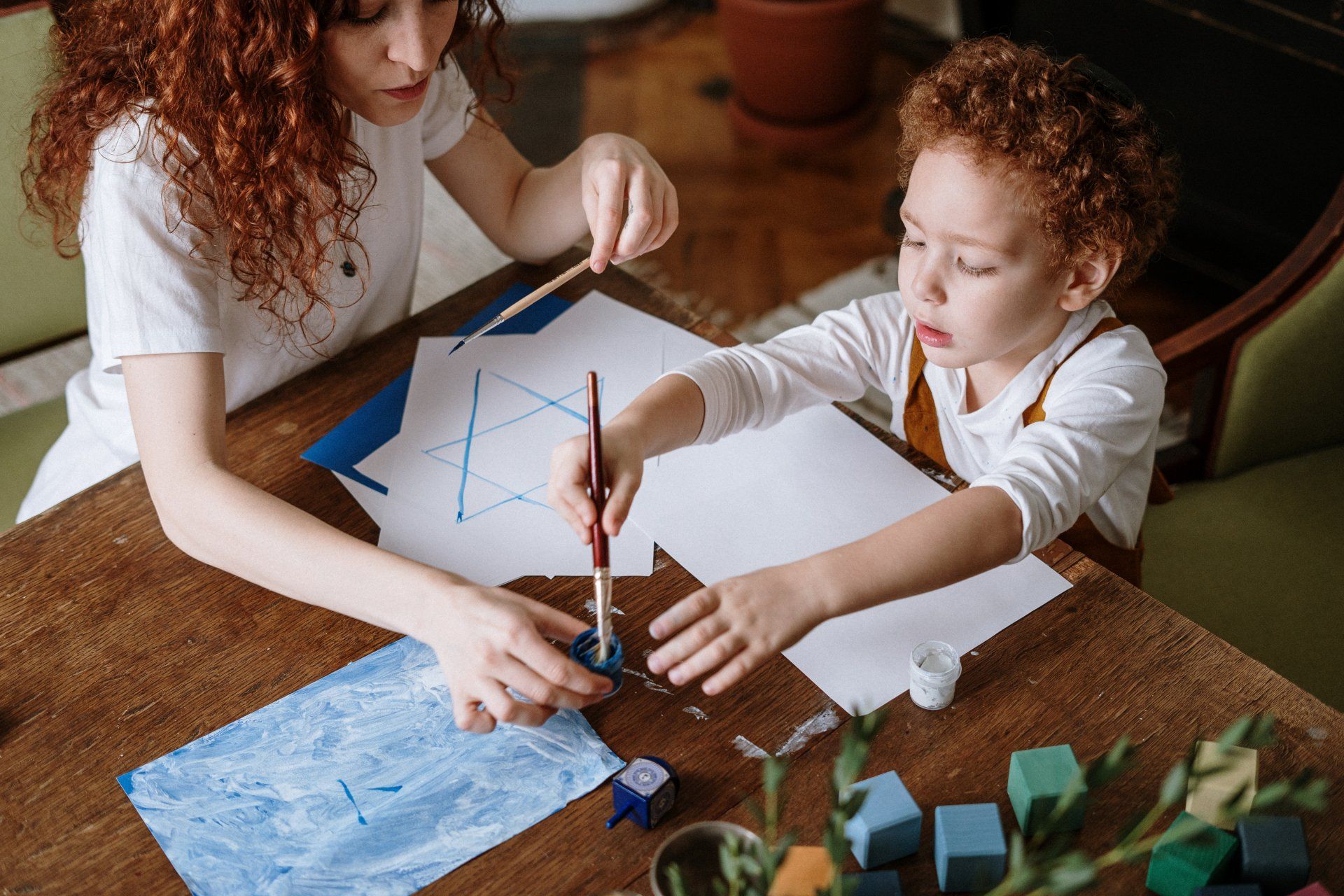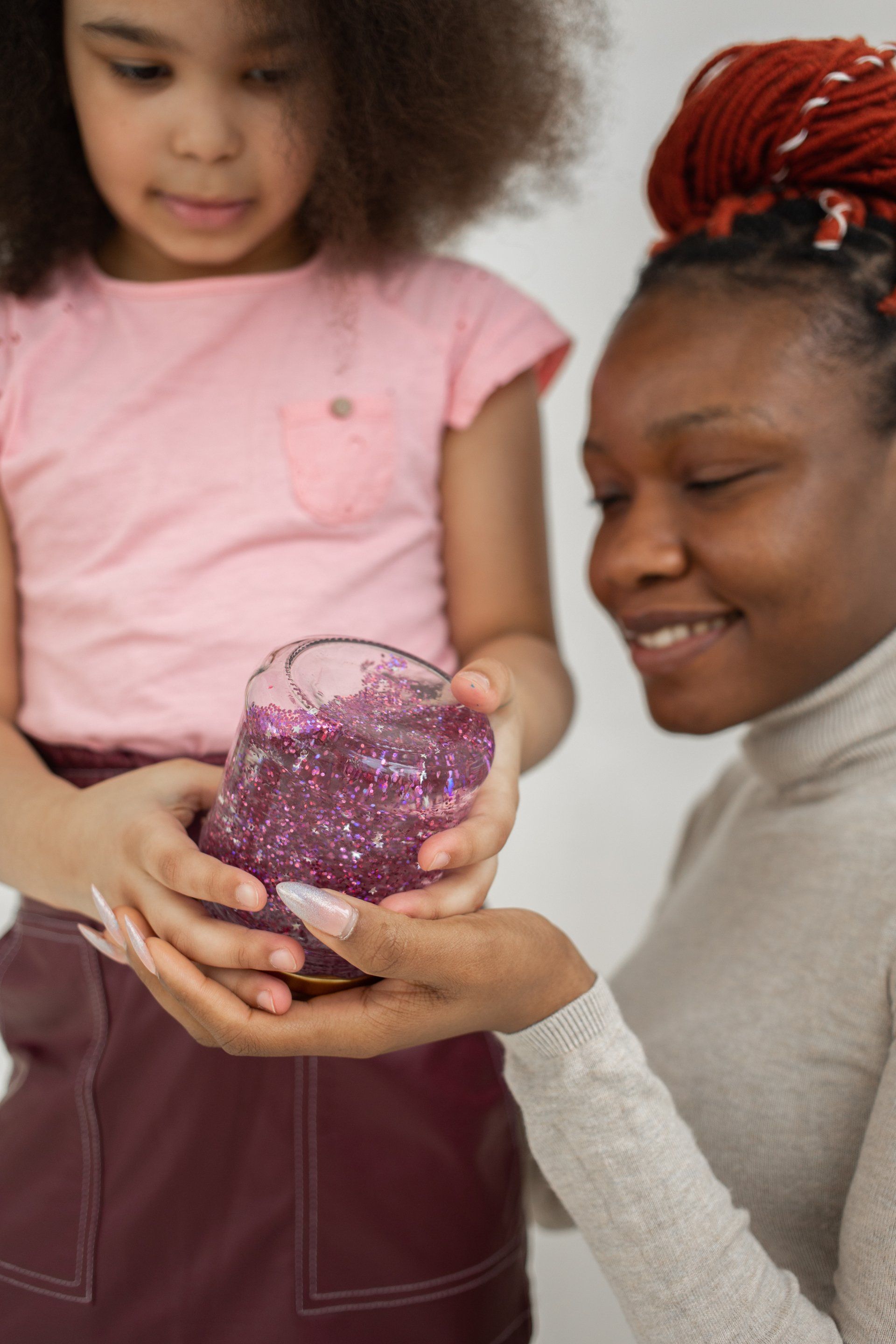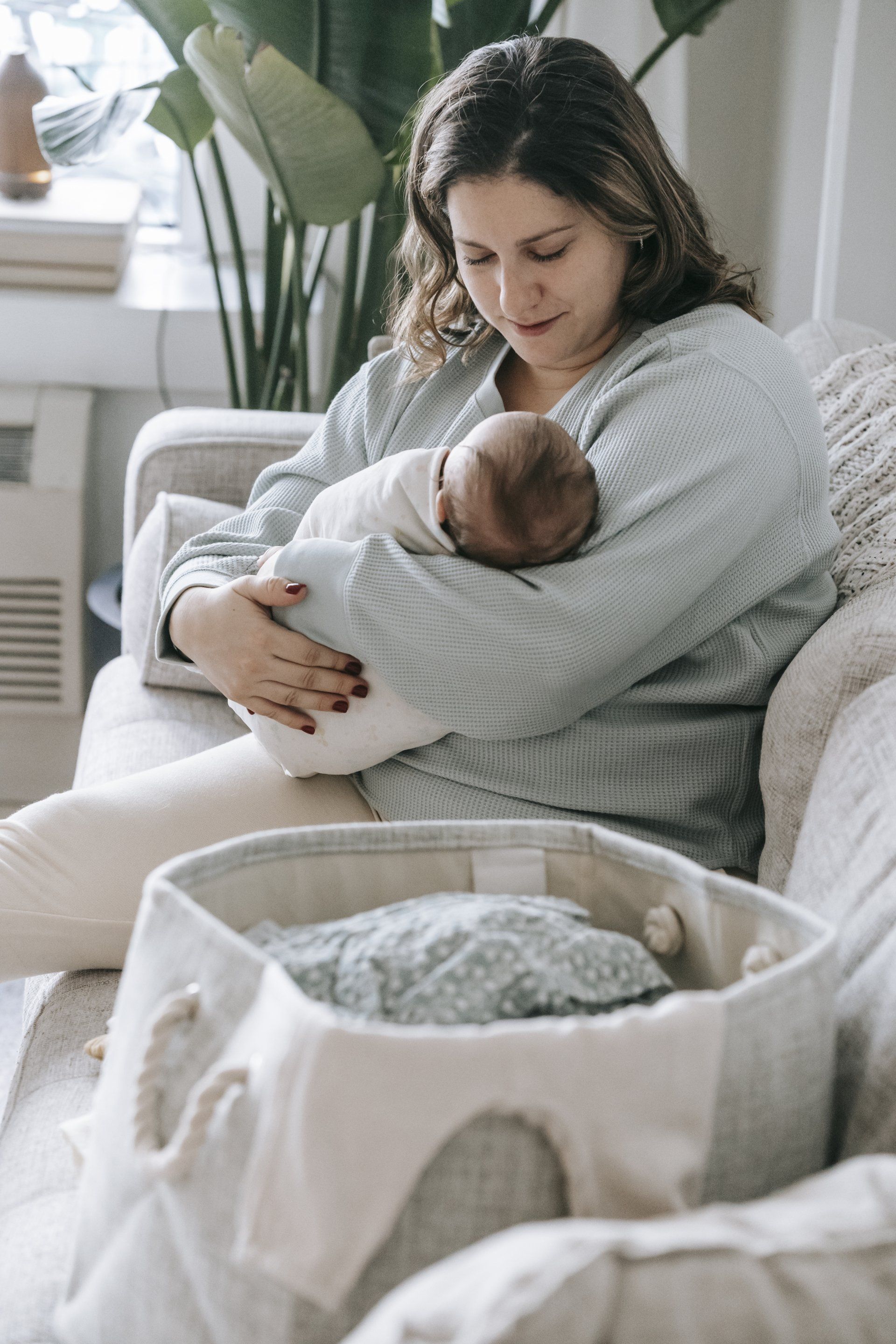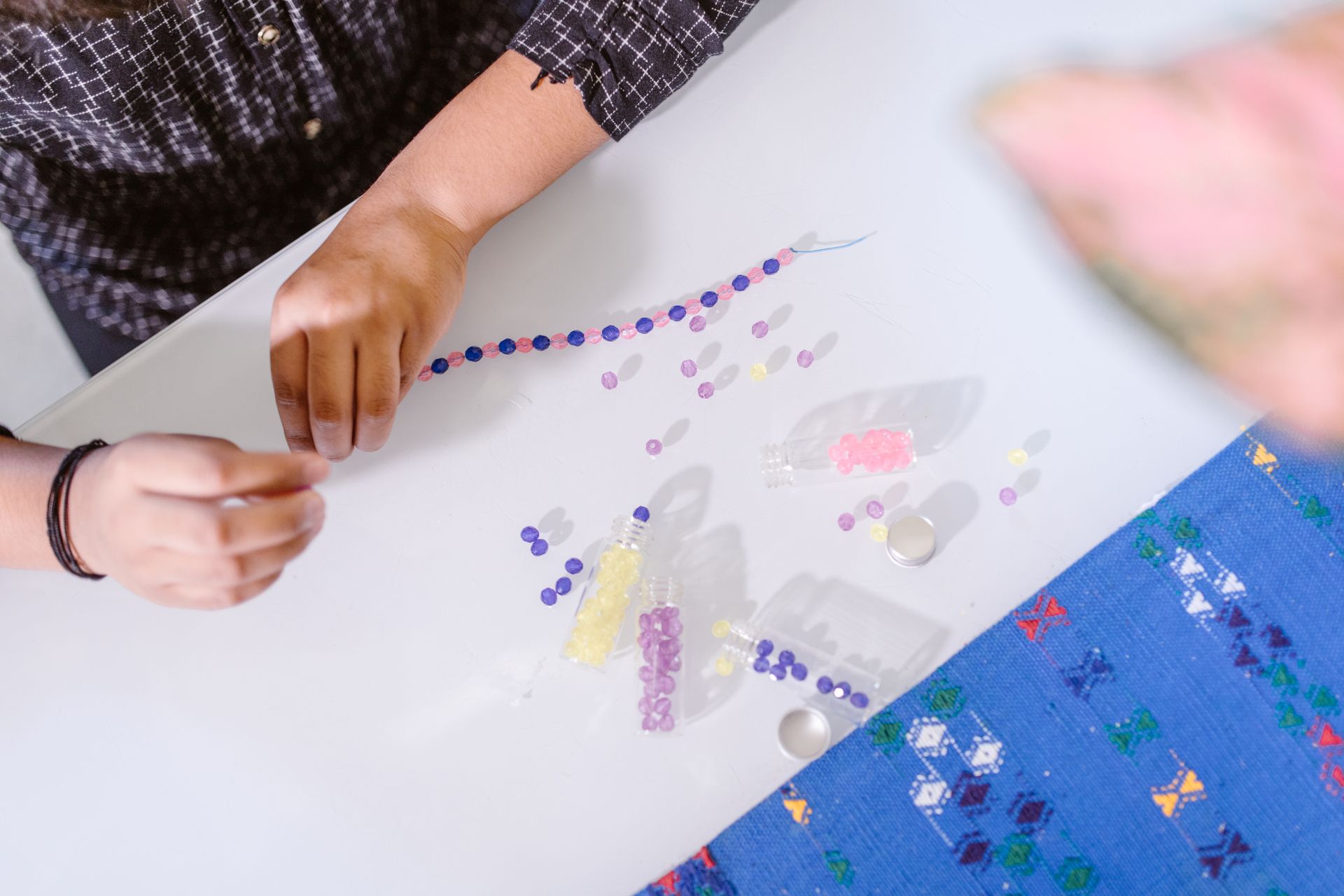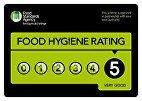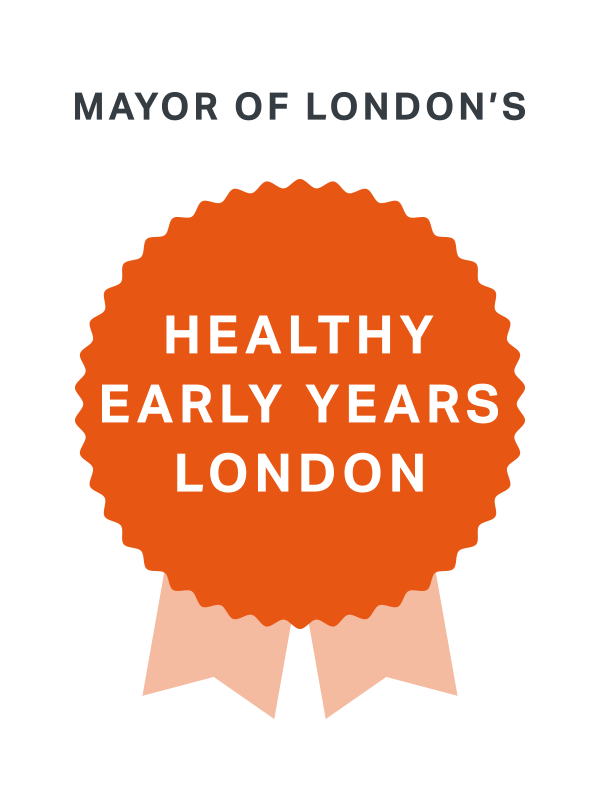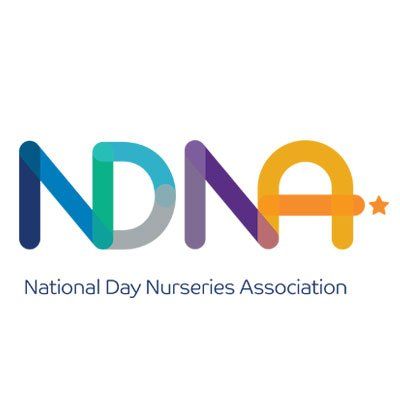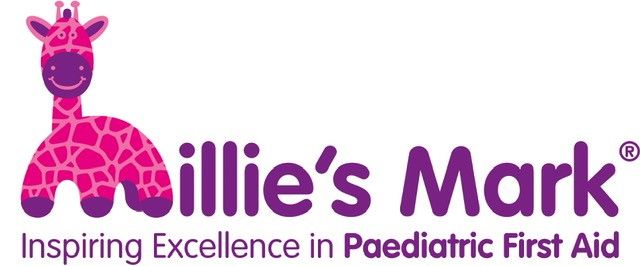Creative Play Ideas for Child Development
Creative Play Ideas for Child Development
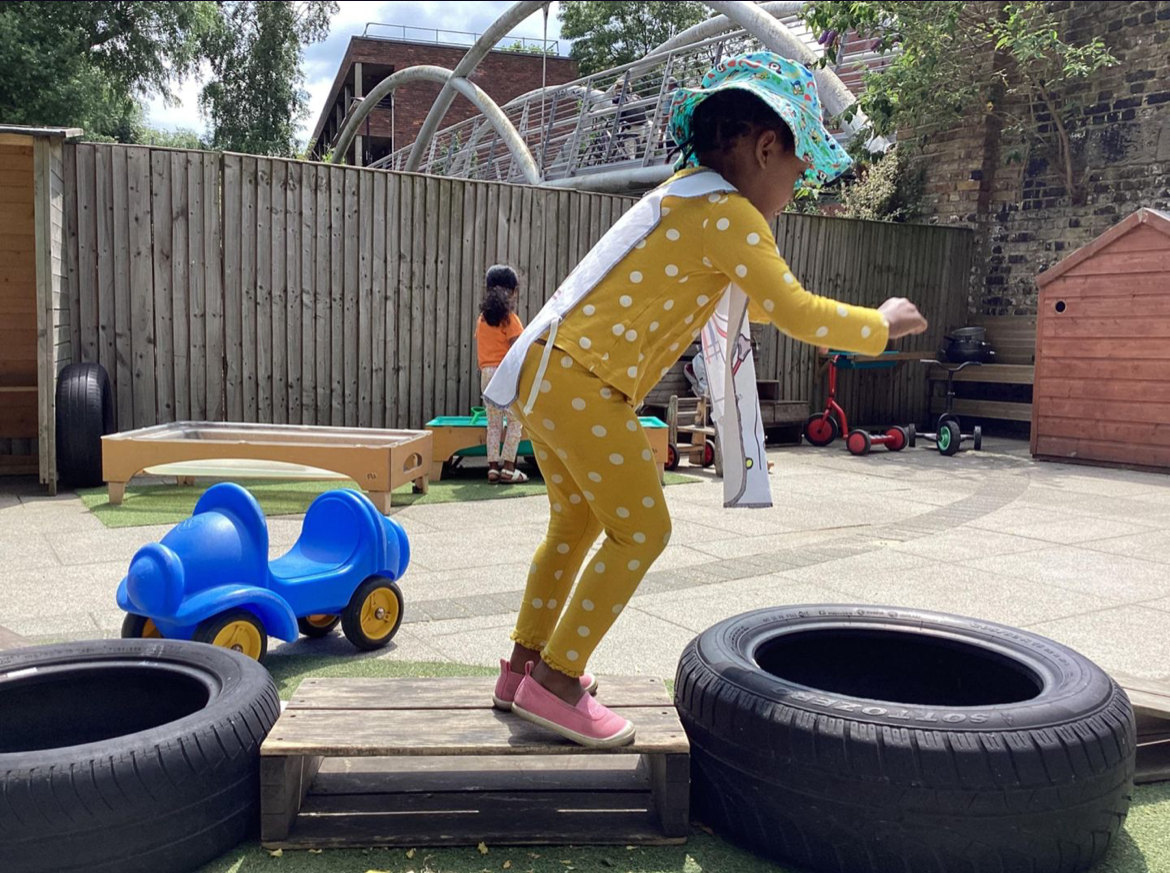
Creative play is a fundamental aspect of early childhood development. It nurtures cognitive, emotional, and social growth, allowing children to explore their imagination, develop problem-solving skills, and build confidence. In this blog, we will explore various creative play ideas that parents and educators can use to support the development of children aged 0-5. These activities will not only keep children engaged but also foster essential developmental skills.
Understanding Creative Play
What is Creative Play?
Creative play is an unstructured form of play that encourages children to use their imagination and creativity. Unlike structured play, which follows specific rules and guidelines, creative play allows children the freedom to explore and express themselves. This type of play is crucial for developing cognitive skills, such as problem-solving and critical thinking, as well as emotional and social skills.
The Importance of Creative Play in Early Childhood Development
Creative play offers numerous benefits:
- Cognitive Development: Enhances problem-solving abilities, critical thinking, and language skills.
- Emotional Development: Promotes self-expression, emotional regulation, and confidence building.
- Social Development: Encourages cooperation, communication, and empathy through interactive play with peers.
Encouraging Creativity in Children
Creating a Creative Environment
To foster creativity, it is essential to create a conducive environment. Here are some tips:
- Set Up a Play Space: Designate a specific area for creative activities. Ensure it is safe and filled with diverse materials such as art supplies, building blocks, and natural objects.
- Provide Diverse Materials: Offer a variety of resources, including recycled materials, natural objects, and everyday household items, to inspire imaginative play.
- Encourage Open-Ended Play: Allow children to lead their activities without rigid rules. This freedom helps them explore their creativity and think outside the box.
Role of Parents and Carers in Fostering Creativity
Parents and educators play a vital role in nurturing creativity:
- Support and Encouragement: Show interest in children’s creative projects and provide positive reinforcement.
- Guidance with Freedom: Offer guidance when needed but allow children the autonomy to explore and experiment.
- Constructive Feedback: Provide feedback that encourages improvement and celebrates effort, fostering a growth mindset.
Practical Creative Play Ideas
Art-Based Activities
- For Ages 0-2: Simple activities like finger painting, drawing with crayons, and making shapes with playdough.
- For Ages 3-5: More complex projects like creating collages, painting with watercolors, and crafting with recycled materials.
- Sensory Play: Engage children’s senses with activities like making sensory bins, playing with sand, or using textured materials for art projects.
Science and Exploration Activities
- Simple Experiments: Conduct easy science experiments such as mixing baking soda and vinegar to create a volcano, or testing what objects sink or float in water.
- Outdoor Exploration: Encourage children to explore nature through activities like scavenger hunts, gardening, and observing insects.
- Art and Science Fusion: Combine art and science by creating nature collages, building simple structures, or painting with natural dyes.
Role-Playing and Imaginative Play
- Pretend Play: Encourage role-playing scenarios such as playing house, doctor, or shopkeeper. This helps children develop social skills and empathy.
- DIY Costumes and Props: Create simple costumes and props from household items to enhance imaginative play.
- Storytelling. Encourage children to create and act out their own stories, fostering language development and creativity.
Building Confidence through Art and Science
The Connection Between Creativity and Confidence
Creative activities help children build confidence by providing opportunities for self-expression and achievement. Successfully completing a project, whether it’s an art piece or a science experiment, gives children a sense of accomplishment and boosts their self-esteem.
Encouraging a Growth Mindset
- Embrace Mistakes: Teach children that mistakes are part of the learning process and an opportunity to grow.
- Promote Resilience: Encourage children to persevere through challenges and celebrate their efforts and progress.
- Positive Reinforcement: Provide praise and recognition for their creativity and hard work, reinforcing their confidence and motivation.
Conclusion
Creative play is an essential component of early childhood development. By providing opportunities for imaginative and exploratory play, parents and educators can support the cognitive, emotional, and social growth of children aged 0-5. Implementing the creative play ideas shared in this blog will help nurture creativity, build confidence, and foster a love of learning in young children.
FAQs
What are the key benefits of creative play for young children?
Creative play enhances cognitive, emotional, and social development by promoting problem-solving skills, self-expression, and cooperation.
How can parents create a conducive environment for creative play at home?
Parents can set up a safe and inspiring play space, provide diverse materials, and encourage open-ended play to foster creativity.
What are some simple and safe science experiments for toddlers?
Easy experiments like baking soda and vinegar volcanoes, sink or float tests, and observing plants grow can engage toddlers in scientific exploration.
How can educators integrate creative play into the classroom curriculum?
Educators can incorporate art-based activities, science experiments, and imaginative play scenarios into their daily routines to support creative development.
What role does imaginative play have in a child’s development?
Imaginative play helps children develop social skills, empathy, and language abilities while allowing them to explore different roles and scenarios.
GLOBAL KIDS DAY CARE LIMEHOUSE
Lascar Wharf Community Centre, Limehouse, London, E14 7FN. | Tel: 0207 001 1210 Email: limehouse@globalkidsdaycare.co.uk
GLOBAL KIDS DAY CARE MILE END
21 Burdett Road, Mile End, London, E3 4TU. | Tel: 0208 980 1706 Email: mile-end@globalkidsdaycare.co.uk
GLOBAL KIDS DAY CARE ALDGATE EAST
52 Old Castle Street, Aldgate East, London E1 7AJ. | Tel: 0203 302 7800 / Mobile: 07823 770035 | Email: aldgateeast@globalkidsdaycare.co.uk
Opening Times: 8am - 6pm

